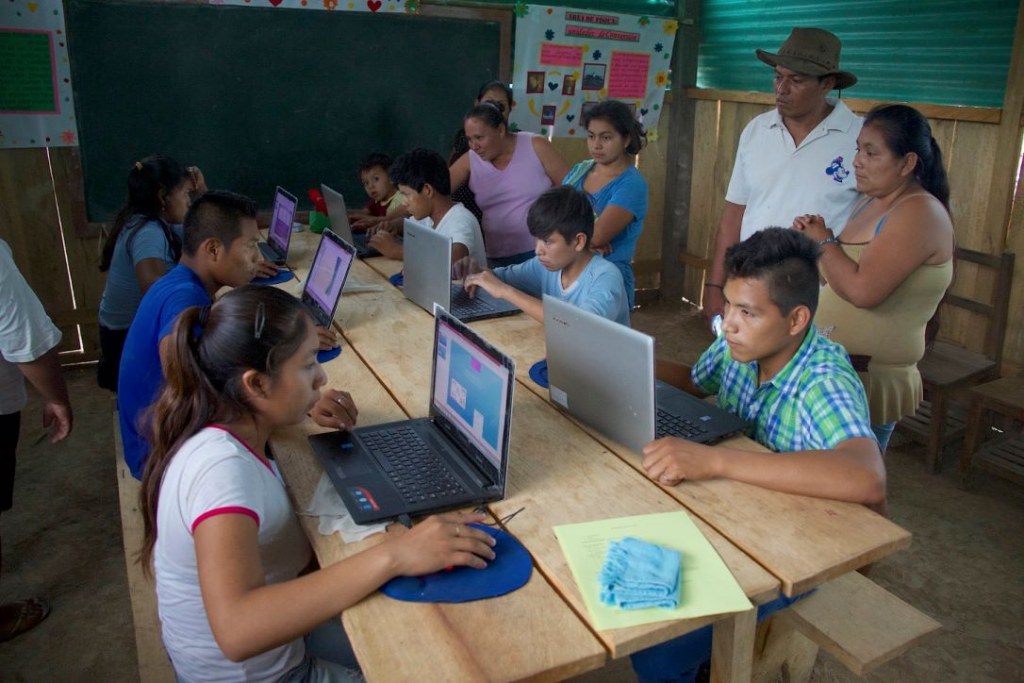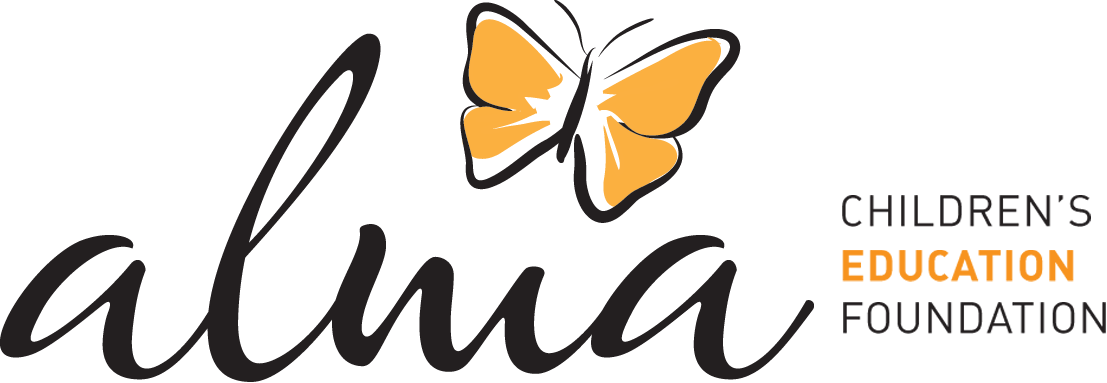
When COVID 19 hit North America schools shut down and teachers were told to teach remotely. Few educators had experience with online education delivery and teachers began scrambling to create new lesson plans and new ways of communicating those plans.
In Peru and Bolivia, the same thing happened. In Peru, a national program called “Aprender en casa” (learn at home) was announced. There, like here, teachers had little/no experience in delivering curriculum this way and in the case of South America educators faced the additional challenges of limited connectivity and very limited hardware and software. Where we work there is limited electricity!
Recently (well maybe as far back as Ivan Illich in the 1960s) many thought leaders have suggested that education has required a re-think. For some time now as automation redefines the workforce, the question is being asked “education for what purpose”? At the same time, the many inefficiencies embedded in how we teach have been exposed. In the case of indigenous and other marginalized communities education has failed children and has sometimes caused harm.
So as COVID 19 forces educators to create new curriculum and new ways of teaching, why not jump into where I feel we are headed anyway: education happening outside a traditional classroom environment incorporating play and local context and pedagogy focused on critical thinking, creative thinking, good social and environmental values, utilizing parents and friends as well as professional educators as our teachers.
We have been engaged by the Ministries of Education in Peru and Bolivia to train teachers in two provinces (12,000 teachers responsible for 185,000 students) and we are using this opportunity to at least tilt the conversation towards new ways of learning and new things to learn.
Alan Harman, Founder
